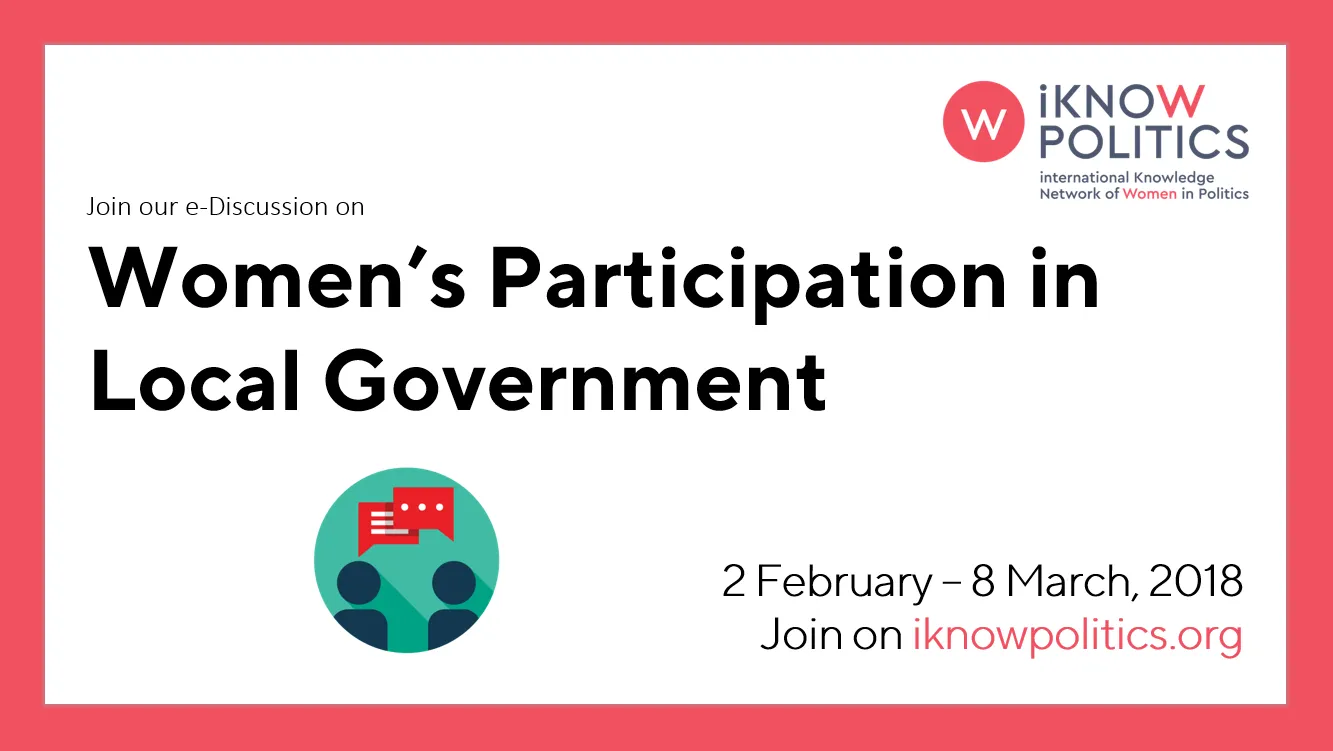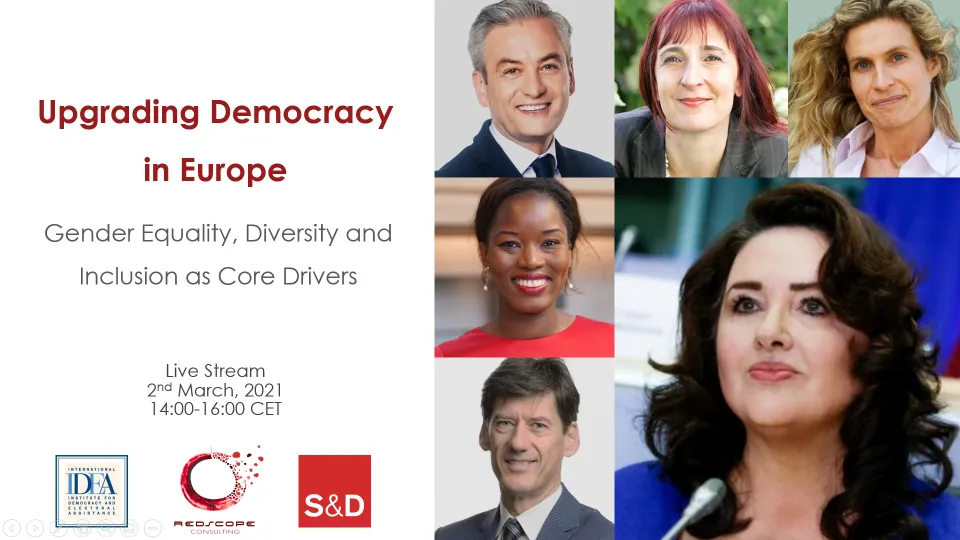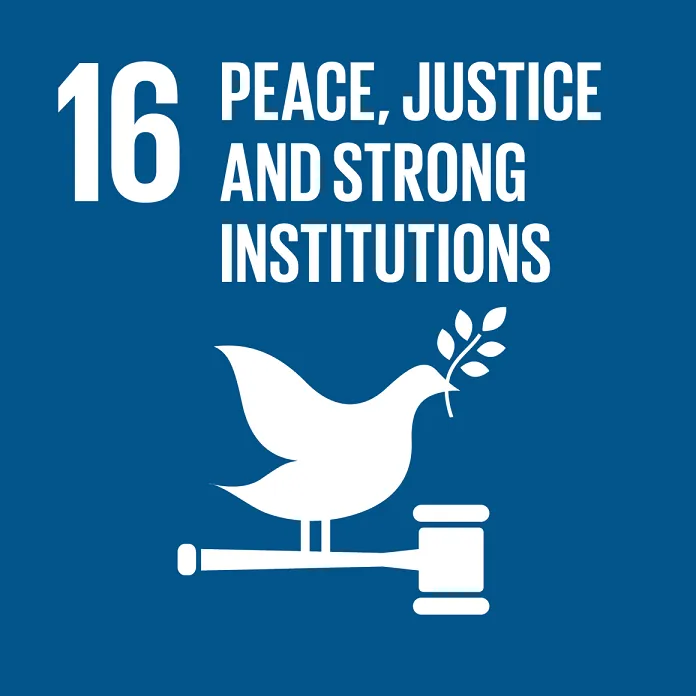Online discussion: Women's participation in local government

iKNOW Politics—a partnership of International IDEA, IPU, UNDP and UN Women—is moderating an online discussion on Women's Participation in Local Government from 2 February to 8 March.
The under-representation of women at any level of governance and decision-making results in a democratic deficit. It has been proven time and again that diverse groups make better decisions. This is particularly true when it comes to a task as challenging as representing the interests of citizens at the local level. Often influencing policies in housing, security, transport, and the economy, local government makes important decisions that affect the lives of women and men. Women’s equal participation and representation in local decision-making processes is critical for prioritizing women’s practical needs and issues in local governments’ agendas and for localizing the Sustainable Development Goals (SDGs). Gender-balanced local councils may be an important step in helping to attain gender balance at the national levels.
Although some countries have information on how many women and men are local councilors and mayors, a standardized system to provide comparable statistical evidence across all countries and regions has been missing until recently. Some reasons for this are the vast number of local governments and the diversity of their structures worldwide. The methodology of the new SDGs indicator on the ‘proportion of seats held by women in local governments’ (5.5.1b) developed by UN Women provides a model on how to generate comparable data across countries. The harmonized measurement and reporting of data for the SDG indicator 5.5.1b will enable to build the first global measurement of the proportion of women in local governments. This will generate strong statistical evidence that will help to raise awareness and accelerate progress on a range of aspects of women’s political participation.
In addition to measuring numbers, further information is needed on strategies to elect more women at the local level. With the focus of the 2018 CSW revolving around achieving gender equality and the empowerment of rural women and girls, iKNOW Politics and its partners are convening this e-Discussion from 2 February to 8 March 2018 to seek input from politicians, experts, practitioners, and researchers on the challenges and opportunities for women’s representation in local government and its role in helping achieve gender equality and empower women at the local level.
Questions:
- What are the challenges that hinder women’s political participation and representation at the local governance and decision-making level? Are they any different from the challenges women face at the national level?
- What are the good practices that help advance women’s political participation and representation at the local level? What is the role of political parties in supporting women’s engagement in local politics?
- Do you know of any programmes or structures that support women elected at the local level to become leaders at the national level? Please share examples.
- What can local government do to achieve gender equality and empower rural women and girls?



